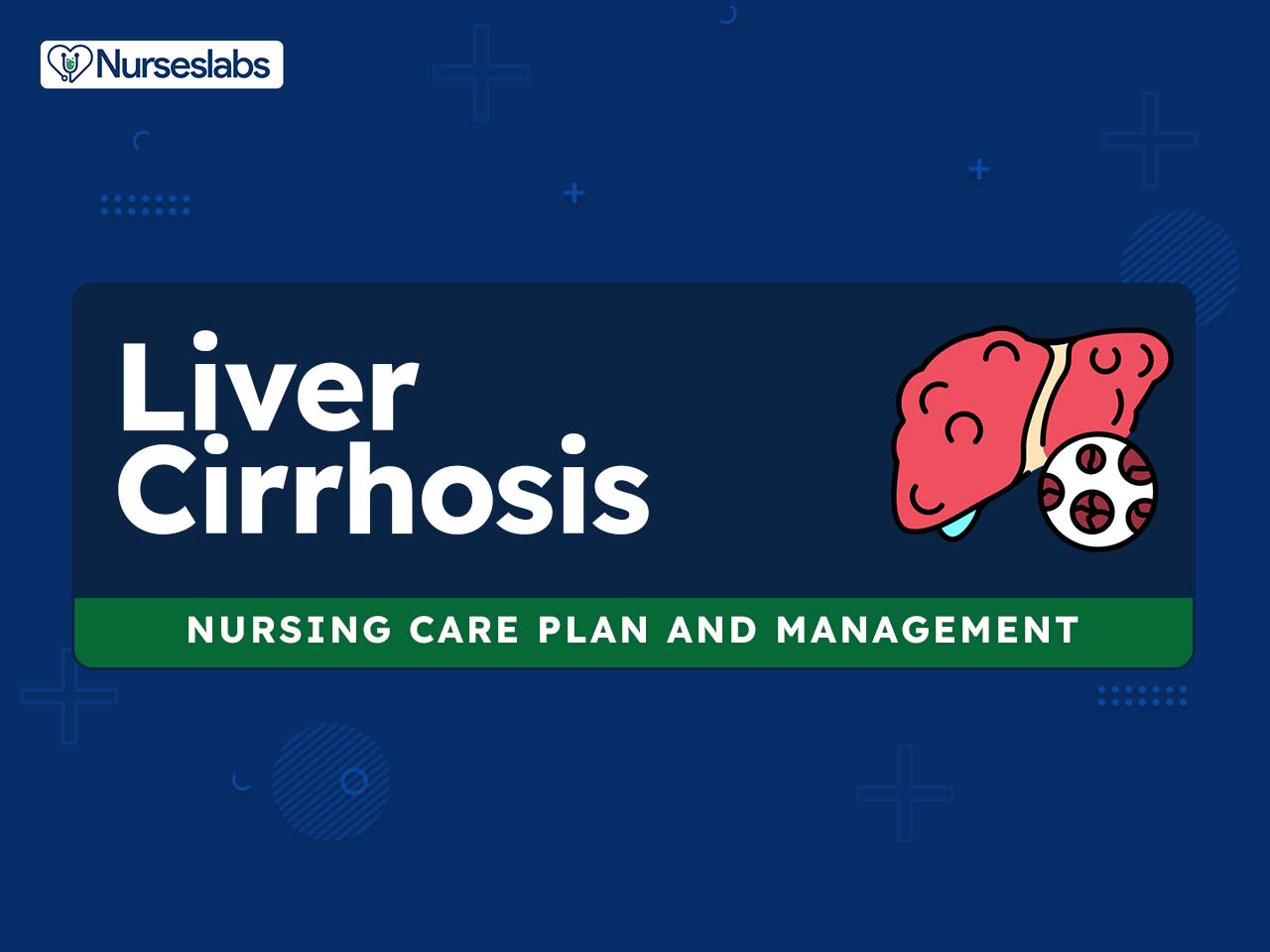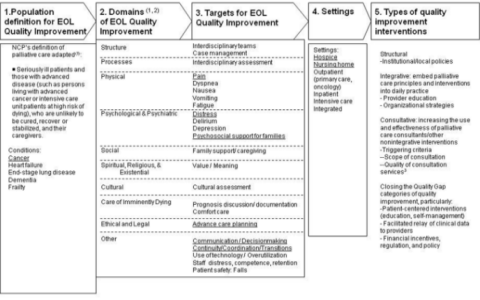Alright, let’s talk about taking care of folks with end-stage liver disease. It’s not like what you see on TV, lemme tell ya. It’s intense, day in and day out.
When I first started encountering these cases more often, the first thing that hit me was just how much monitoring is involved. You walk in, and right away you’re looking for the signs. Yellowish skin or eyes? That’s jaundice. Big, swollen belly? That’s ascites, fluid build-up. Swollen legs too. You get used to spotting these things fast.

Day-to-Day Stuff
So, the daily routine kicks off. Vitals are super important – blood pressure can be all over the place. We’re constantly tracking how much fluid they drink and how much they pee. This balance is tricky because their kidneys might be struggling too, and we’re often giving diuretics, you know, water pills, to help get rid of that extra fluid.
Then there’s the medication circus. Lots of pills. Stuff for the fluid, stuff to protect the stomach, maybe stuff to help with the confusion that often comes with it – they call it hepatic encephalopathy. That one’s tough because the patient can get really disoriented, agitated, or super sleepy. We have to give meds like lactulose, which isn’t pleasant, let’s be real, but it helps clear out the toxins causing the confusion. Keeping track of their mental state, just asking simple questions, becomes a big part of the job.
Key things I always had to watch:
- Signs of bleeding: Liver disease messes with clotting. Easy bruising, nosebleeds, or worse, internal bleeding. We had to be gentle handling them, careful with needles.
- Skin care: Their skin gets super fragile and incredibly itchy. Lots of moisturizer, trying to keep them from scratching themselves raw. Turning them in bed regularly is crucial to prevent pressure sores.
- Comfort: This becomes number one. Managing pain, dealing with nausea which is super common. Sometimes just sitting with them for a bit makes a difference.
Dealing with the Rough Parts
Managing the ascites can mean prepping them for a procedure called paracentesis, where a doc drains fluid from the belly. It gives relief, but it often builds back up. It’s a cycle.
And the emotional side… man. It’s hard on the patients, obviously, but it’s heavy for the families too. A lot of my time was spent just talking, explaining things in simple terms, offering support. Sometimes there’s nothing much you can fix, so being present is what counts.
Honestly, it’s draining work sometimes. You see people really suffering. But you learn a lot. You learn about resilience, about the importance of basic comfort, and how much teamwork matters with the doctors and other staff. You do your best to make a difficult time a tiny bit more manageable for someone. That’s the job, right?




















